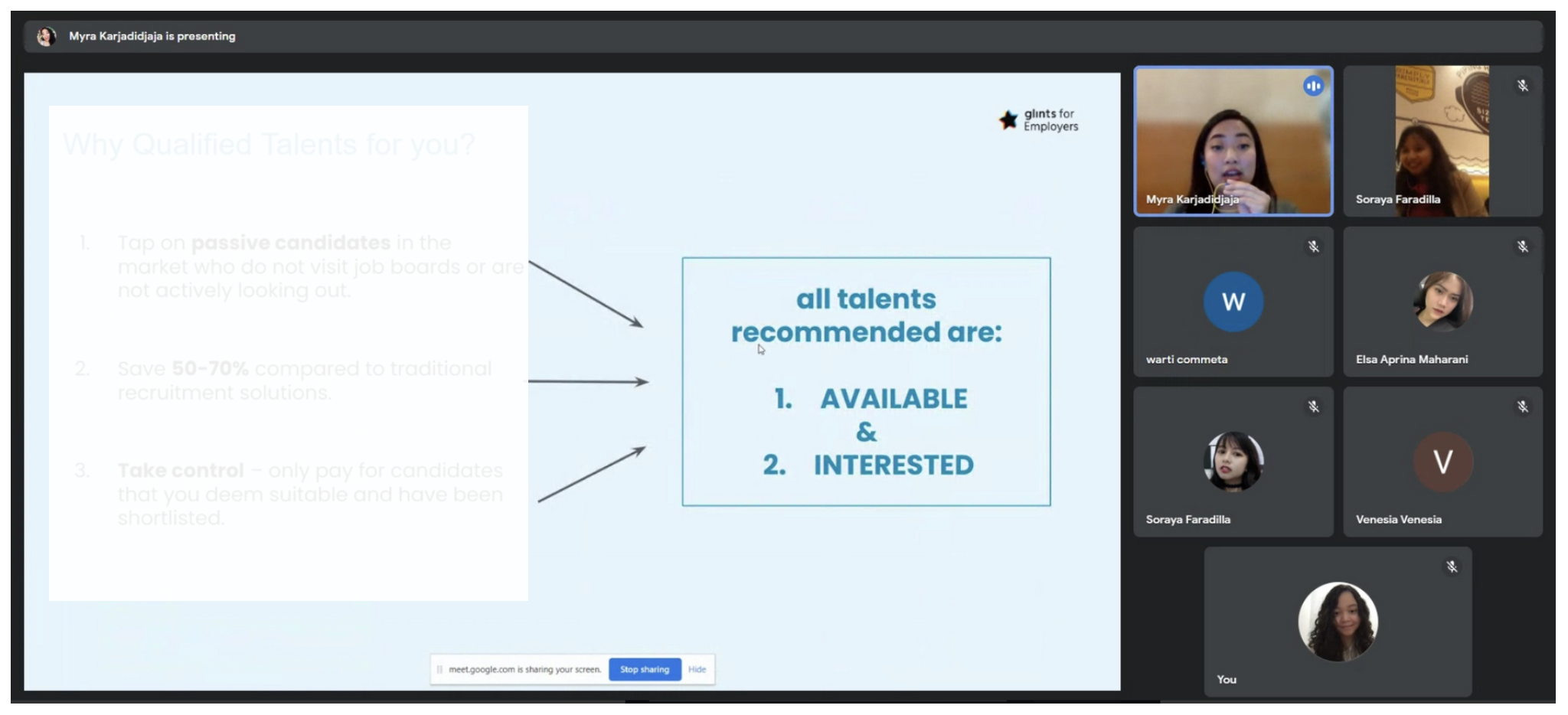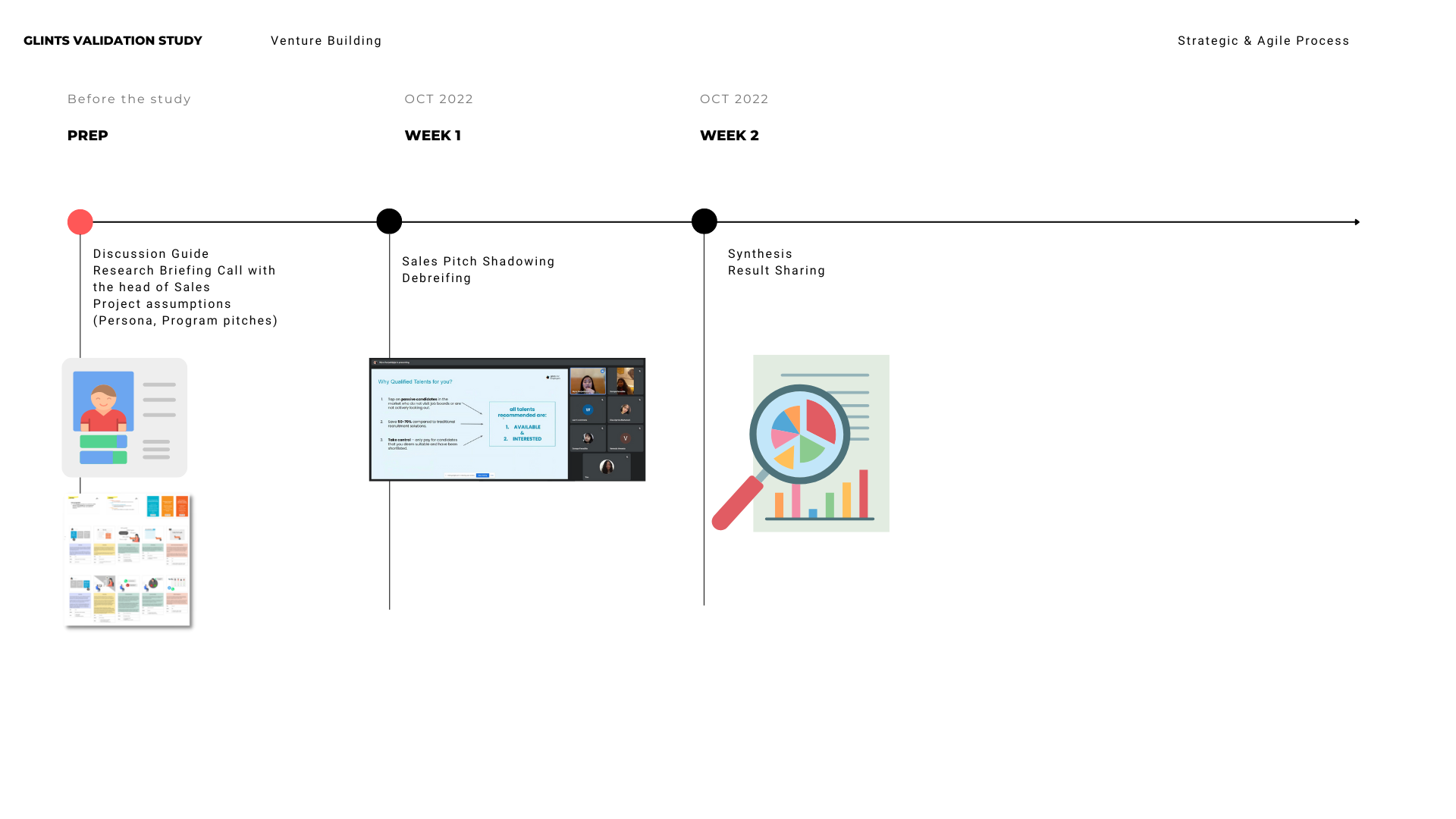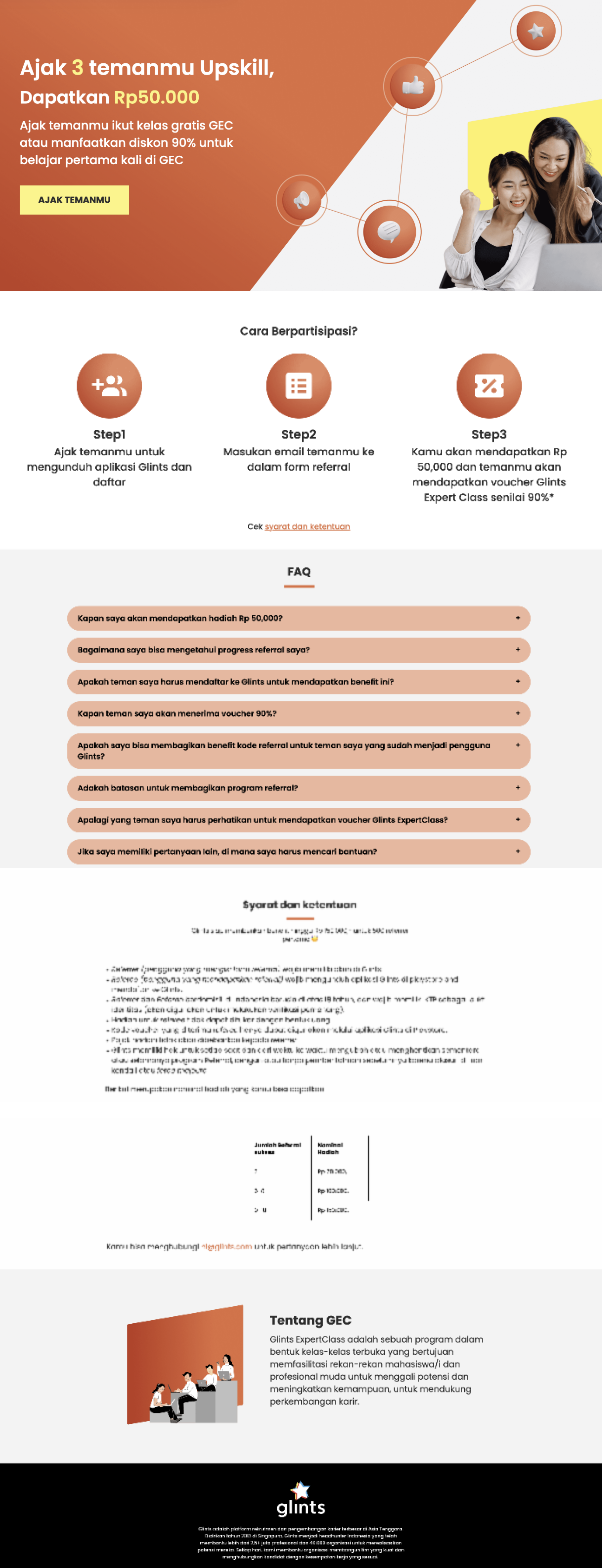"How can we ensure that our target customers will actually take action ? How can we validate the current market demand for our product/service?"
A validation study can answer these questions. This study involves developing concrete concepts or business hypotheses early on in the project, and then using interviews and other market-oriented methods such as fake doors, social media, and other low-cost and high-return methods to validate the business while also fostering its growth.
- Shorten the time gap between ideas and market.
- Product development team works closely with operation and marketing teams.
- Find data support to make business decisions easy.
Based on our past projects, we have identified four target customer groups and two potential revenue models. To validate the feasibility of these options and determine the dominant target audience, we conducted validation studies.
-Find a viable sales plan. Through the study, the team validated which sales plan was feasible and could use it for further business development.
-Defined target customers. We validated our target customer hypothesis and prioritized two of the four types.
We utilized Zoom's simultaneous interpreting feature to participate in sales calls in Indonesia, then synthesized our observations to validate our hypothesis.


The growth team aimed to create effective viral program strategies that could trigger action and sought to determine the most effective message types.
Their objectives included finding a viral strategy to define the next year's roadmap, understanding operational limitations, and enhancing the performance of the current program.
-We found the viral program design principles.
Contrary to our expectations, monetary rewards did not incentivize communication, but participating in mock job interviews with friends was the most attractive concept.
-Correct the direction of existing programs.
-Understand the operational considerations.
Live experiment + Kano study

